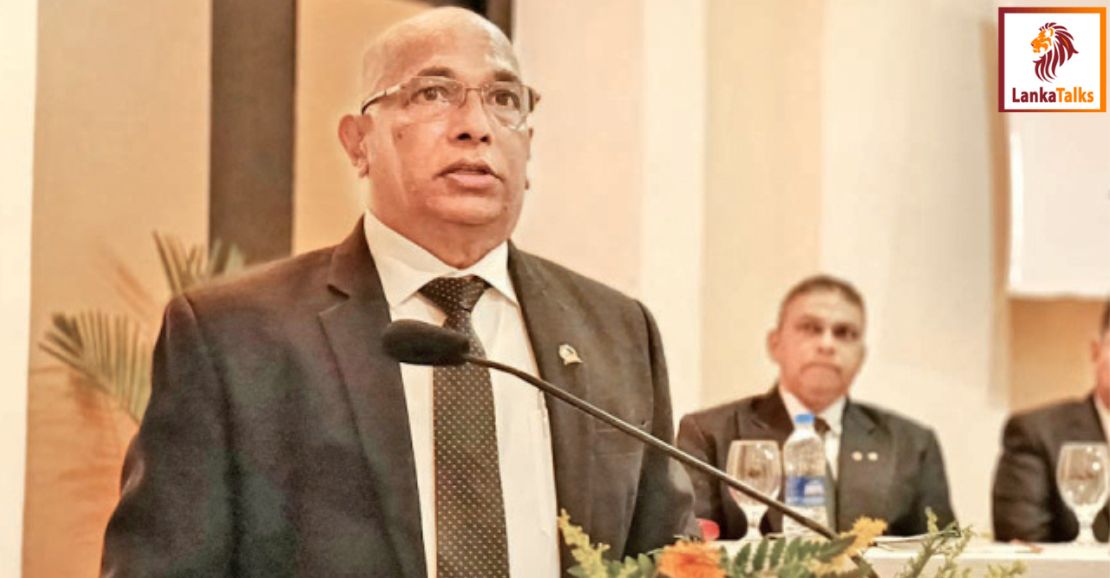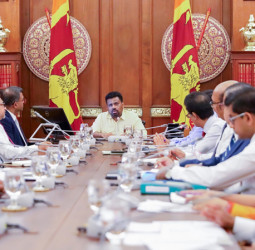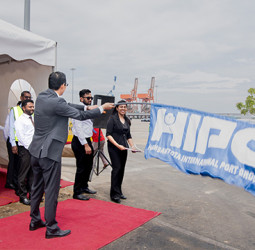Sri Lanka should introduce a State-owned facility with reasonable rates for the incineration of industrial waste to promote environmentally friendly practices and efficient waste management and concessionary rates for industrial waste disposal should also be introduced, said Chairman of Ceylon National Chamber of Industries, Kevin Edwards at their recently held 62nd AGM.
He also suggested that a State Development Bank be set up to support the Industrial Sector, similar to how NDB and DFCC operated before they were privatized. “Many countries successfully utilize Development Banks to support their local industrialists to obtain funds at very nominal interest rates without any/limited collateral (i.e Industrial Development Bank of India).
“The cost of power, water, fuel and interest rates have been reduced and we hope it moves further down after the Presidential election, together with a business-friendly tax system. We hope that with the recent statement made by President Ranil Wickremesinghe that the tax structures have been renegotiated with the IMF, that will include corporate taxes, keeping in mind that a business-friendly corporate tax structure will always attract FDI’s.
Sri Lanka also should develop a robust quality assurance mechanism for screening imported products in discussion with industry sector experts. “At present Sri Lanka predominantly controls import through tariff lines, which is a timeworn system and it has very limited impact due to unethical practices that take place at the point of importation. As a safeguard measure, many countries now regulate imports by introducing compliances and strict quality control systems by imposing certifications from nominated testing institutions. Such imports should be tested and approved by the Sri Lanka Standards Institute, prior to such imports released by the Sri Lanka Customs.
“It is also necessary that the Sri Lanka Standard Institution(SLSI) be ready with the required facilities to check and test these imported items. We are glad that the list of finished goods imported into Sri Lanka requiring approval from the SLSI has been increased. However, there are move items that need to be subjected to approval by the Sri Lanka Standards Institute, this will protect local manufacturers, including its employees. Sri Lanka also should develop a robust quality assurance mechanism for screening imported products in discussion with industry sector experts.”
Source: Daily News



 Mathuri
Mathuri



